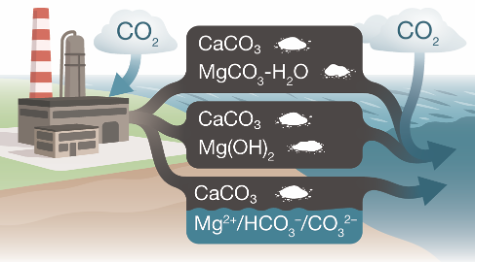Mineral-Water Interactions and their Applications to Climate and Sustainability

Speaker
Erika La Plante
Assistant Professor, Department of Materials Science and Engineering
The University of Texas at Arlington
Abstract
The mineral-fluid interface is host to numerous chemical reactions which significantly influence the properties and behavior in bulk. It is at this location that sorption and incorporation of ions occur, and nucleation, growth, and dissolution of mineral phases proceed. The interactions between water and minerals are relevant in many natural and engineered systems and an understanding of the rates and mechanisms of these processes has many applications. These range from heavy metal sequestration as thin heteroepitaxial films, cementitious infrastructure materials, carbon dioxide removal, and carbon-negative mining of critical metals for electrification. Although the applications are diverse, these systems share a common framework which highlights the importance of reactions at surfaces and interfaces.

Bio
Erika La Plante is an Assistant Professor of Materials Science and Engineering at the University of California, Davis. She previously held positions at the University of Texas at Arlington and the University of California, Los Angeles. She obtained her Ph.D. in Earth and Environmental Sciences with a focus in Geochemistry at the University of Illinois at Chicago and her B.S. in Geology from the University of the Philippines. Erika has produced 34 peer-reviewed publications on mineral reactivity, the synthesis, durability, and sustainability of cementitious materials, corrosion microstructures and atomic structural controls on phase reactivity, low-temperature mineral processing, and carbon dioxide sequestration. She recently received an NSF CAREER Award to discover pathways for the synthesis of cementitious magnesium silicate hydrates. Erika applies her expertise in the kinetics of low-temperature aqueous processes at mineral-fluid interfaces to address the many research questions in the field of climate, sustainability, built environment, and energy.

